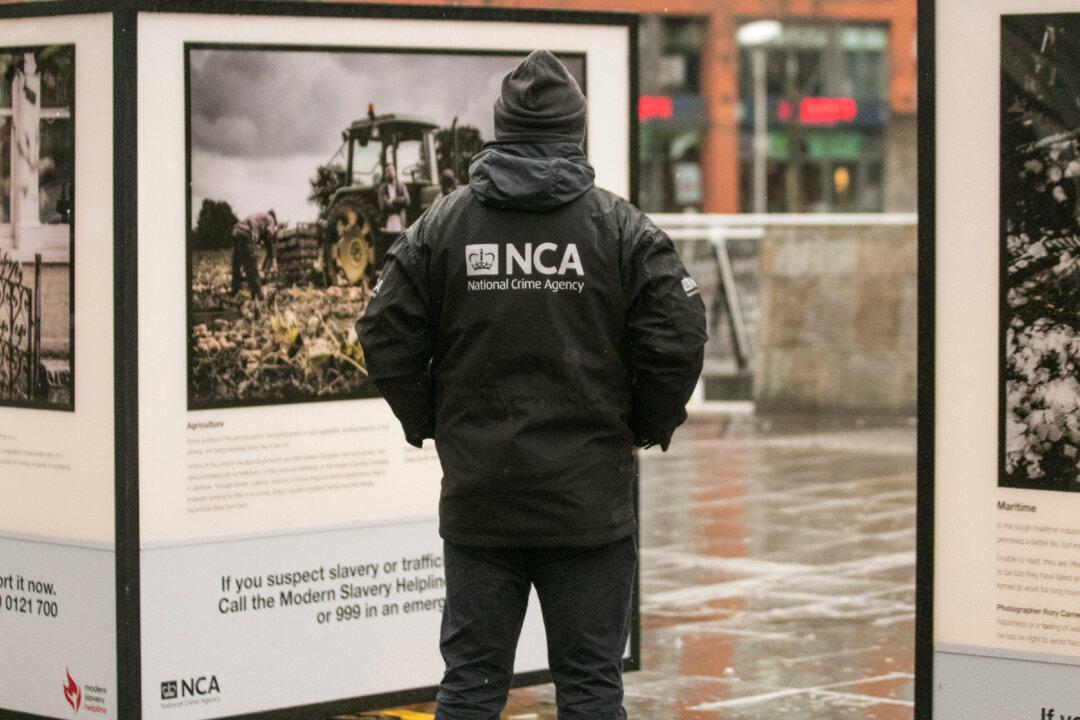Increasing numbers of children being used by drug gangs have driven up the UK’s latest modern slavery figures.
Statistics released by the Home Office show that more under-18s were reported as potential victims of criminal exploitation than any other group, including adults.





